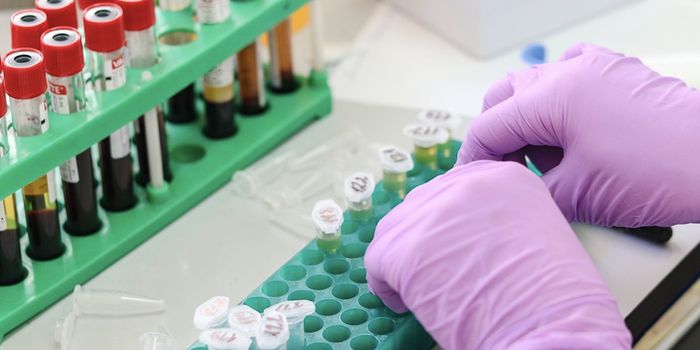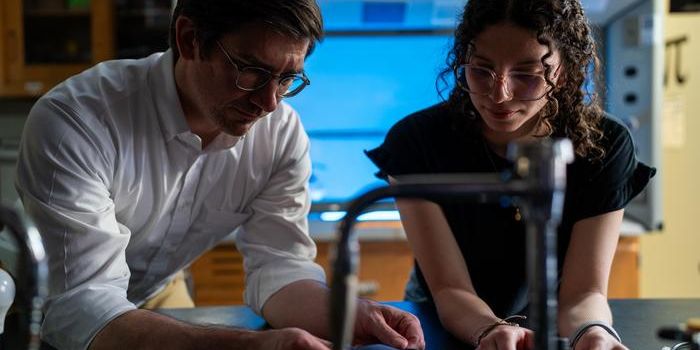CRISPR Technology Breaks New Ground with Edits to Gene that Regulates Cholesterol
In 2013, scientists described a method for editing the genome of eukaryotic cells (such as those found in humans) using CRISPR technology. Since then, the CRISPR method has been researched extensively, but its use in humans has been limited to exploratory trials for the purpose of treating rare diseases.
CRISPR was also used in 2021 to treat a handful of patients with Sickle Cell Disease. Results of the study were tentavively positive, though the researchers noted the study size and length of follow-up data as limitations in gauging success of the method in treating genetic diseases.
Biotechnology company Verve Therapeutics is currently investigating CRISPR-like gene editing to edit a human gene, PCSK9, that regulates cholesterol. This is a significant leap in this field, since it is investigating a gene edit that affects a much more substantial portion of the human population than previous studies on rare genetic disease.
PCSK9 encodes a protein that helps regulate the amount of cholesterol in the bloodstream. By converting a single base of the PCSK9 gene in people with a condition called heterozygous familial hypercholesterolaemia, the researchers expect to significantly reduce levels of cholesterol and subsequent risk of heart disease in these patients.
Verve Therapeutics has previously conducted preclinical studies to validate the efficacy of their gene editing approach in reducing cholesterol. They hope that targeting DNA in the liver in humans will be able to impart lifelong changes to expressed genes and lower the risk of cardiovascular disease.
The company has now launched a clinical trial in which a human participant in New Zealand underwent gene editing. The patient enrolled in the trial has heterozygous familial hypercholesterolaemia and is suffering from heart disease as a result. The trial is planned to involve 40 participants in total.
Though this participant was actively experiencing heart disease at the time the trial began, scientists at Verve Therapeutics hope that the technology could be applied in a preventative manner so that gene edits are made before cardiovascular disease manifests.
Sekar Kathiresan, CEO of Verve Therapeutics, says that “if this works and is safe, this is the answer to heart attack—this is the cure.”
Sources: Science, The New England Journal of Medicine, Nature, Verve Therapeutics








